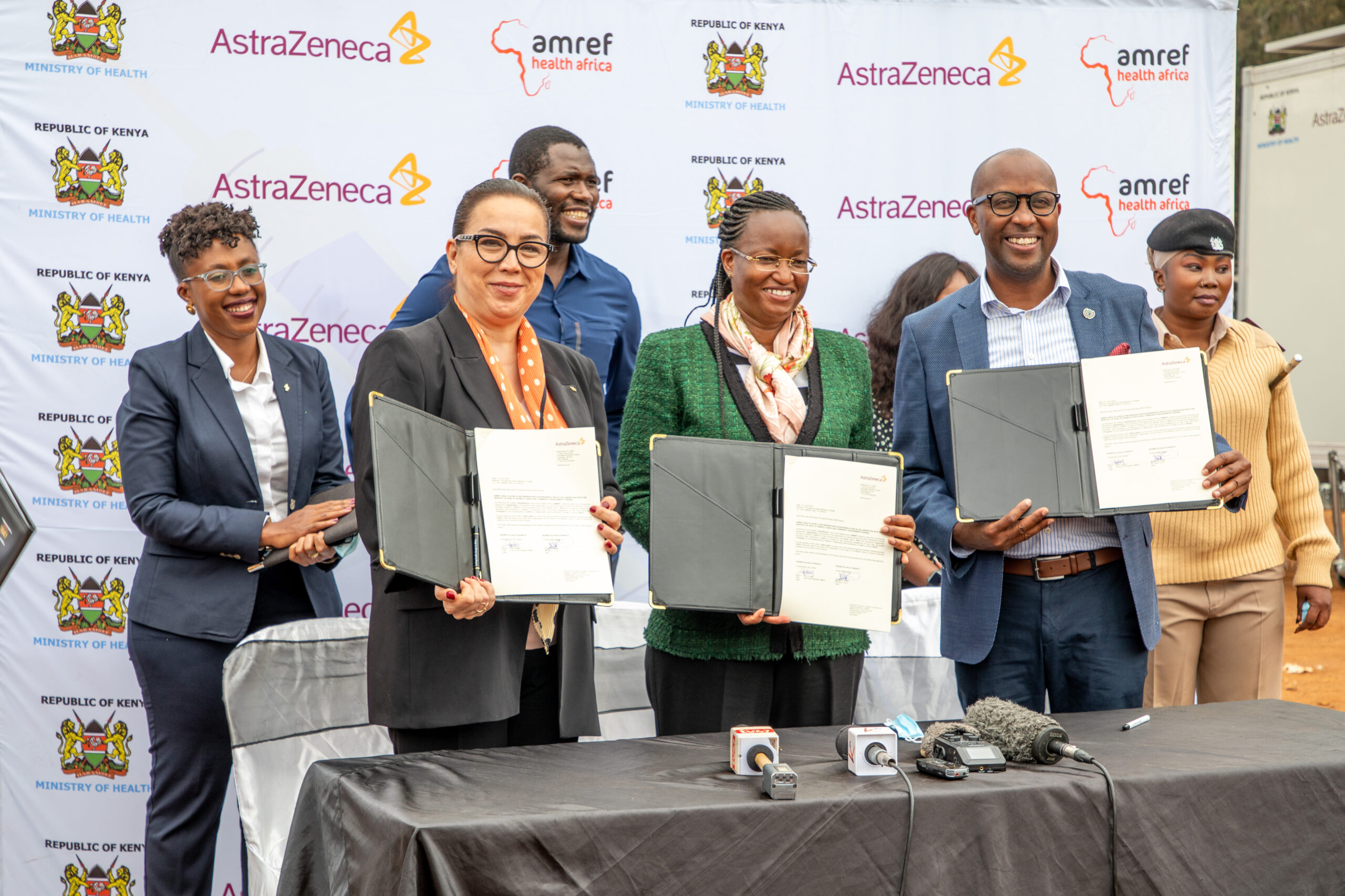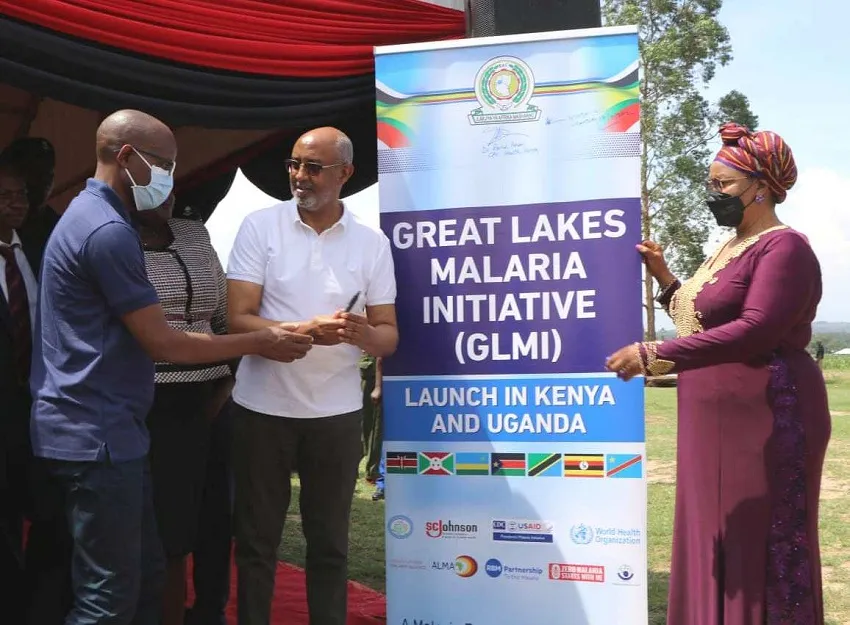Position Statement on MSM
Thursday, 4 May, 2017


While the ‘war on AIDS’ has achieved remarkable successes there still exist important gaps in global strategies aimed at containing the HIV/AIDS epidemic, with certain key populations not adequately addressed. Men who have sex with men (MSM) are one such population, and implementation of strategies that comprehensively address HIV prevention and transmission risks in this community is clearly a weak link in global HIV prevention and control efforts that represents a real threat to progress with global HIV/AIDS control and needs to be urgently addressed.
Men who have sex with men (MSM) is an inclusive public health construct used to define the sexual behaviour of males who have sex with other males, regardless of whether they have sex with women or have a personal or social gay or bisexual identity. As a result, the term MSM covers a large variety of settings and contexts in which male-to-male sex takes place. An important point to note is that MSM includes men who share a non-heterosexual identity (i.e. gay, homosexual, bisexual or other culture-specific concepts that equate with attraction to other men) and men who view themselves as heterosexual but who engage in sex with other males for various reasons.
It is believed that in every country of the world there are men who have sex with men including on the African continent. In many countries, however, the visibility of men who have sex with men is very low. Sex between men is stigmatised, often officially denied and criminalised in various parts of the world. This adds to the vulnerability of men who have sex with men, and makes it near impossible to carry out relevant campaigns for prevention of HIV and other sexually transmitted infections in some countries. In places where homosexuality is not tolerated, men who have sex with men often hide their same-sex relations from their friends and families to avoid persecution. Many have wives, or have sex with women as well as men, and this means that if they become infected they may transmit HIV and other infections to their female and male partners.
Since the beginning of the epidemic in the early 1980s, men who have sex with men and transgender people have been disproportionately affected by HIV. The risk for infection remains high among them; in fact, there has been a resurgence of HIV infection among MSM, particularly in industrialised countries, and growing evidence of persistently high rates of infection in developing country settings. Ensuring MSM have the access to all health services, including HIV prevention and treatment, without fear of stigma or discrimination is a basic human right. However given the increased risk of sexual transmission and evidence of a growing epidemic among MSM, creating a social, health and legislative environment that promotes access to and utilisation of health services by MSM is urgent. A meta-analysis of surveillance data in low- and middle-income countries found that MSM are19.3 times more likely to be HIV-infected than the general population. Reported HIV prevalence among MSM ranges from 0% to 32.9%. A recent meta-analysis found that African MSM are nearly four times more likely to be HIV-infected than the general population.
Worldwide, it is estimated that sex between men accounts for between 5% to 10% of HIV infections, and that only less than 1 in 20 MSM have access to HIV prevention and care services. In Africa, a region where male-to-male HIV transmission has not been considered to be a major public health priority, there is growing evidence that transmission through this route is a significant and growing health problem. Though data from the region is severely lacking, studies of African gay men and other MSM have shown that unprotected anal sex is commonplace and HIV prevalence among men who have sex with men is as high as 25.3% in some West African countries. Even in countries in Africa where sex between men is legal, HIV prevalence among MSM has been noted to be between 20% and 40% in some places.
As noted by Michele Sidibe, UNAIDS Executive Director, it remains an undeniable fact in many regions of the world that men who have sex with men lack universal access to HIV services, and that failure to respond effectively has allowed HIV to reach crisis levels in many communities of men who have sex with men and transgender people. However, many African states have not begun to recognise or address the needs of these men in the context of national prevention and control programmes for HIV/AIDS and other sexually transmitted infections. A major reason for this shortcoming is the fact that many countries have laws banning same-sex relations. As of 2013, 80 countries have laws criminalising private, consensual sexual conduct between adults of the same sex, making the expression of their identity illegal. Criminalisation as well as legal and policy barriers play a key role in the vulnerability of MSM to HIV. Long-standing evidence indicates that MSM experience significant barriers to quality health care due to widespread stigma against same sex relations and ignorance in mainstream society and within health systems about variance in sexual orientation and behaviour. By contrast, evidence shows that in a range of epidemic settings, universal access to HIV services for MSM together with anti-discrimination efforts can significantly reduce infections both among MSM and the wider community.
To reduce discrimination and promote universal access to health care, all countries should consider the application of international human rights in relation to sexual orientation and gender identity as stated in the Yogyakarta Principles, which protection should also include MSM as a basic human right (http://www.yogyakartaprinciples.org/principles_en.pdf (accessed 13 April 2011). These include the rights to the highest attainable standard of health, non-discrimination and privacy, all of which will be to the benefit of general public health.
While MSM face many health, social and human rights challenges, one of the most urgent public health concerns is to reduce the very high risk of HIV and STI transmission faced by MSM as part of a comprehensive HIV/AIDS and sexual and reproductive health response. Punitive laws and law enforcement practices, stigma and discrimination undermine the effectiveness of HIV and sexual health programmes and limit their ability to reach MSM and other high-risk groups. Whether MSM are accepted or not in society, evidence and experience show that providing AIDS programmes and services to those who are most at risk can be hugely beneficial to a country’s fight against AIDS. Yet men who have sex with men, like other ‘key affected groups’ in the global AIDS epidemic (such as sex workers and injecting drug users) are all too often neglected in national HIV/AIDS responses. Stigma and socio-cultural intolerance of same-sex relations are largely to blame, and until these issues are addressed it will be difficult to make headway in reducing HIV infection levels among men who have sex with men who are at high risk, which, in turn, will hinder the wider global fight against AIDS. Addressing stigma and discriminatory practices, whether based in law or not, will improve access of men who have sex with men to education, information and services such as counselling and testing, prevention, treatment, care and support. As suggested by Peter Piot, former UNAIDS Executive Director, “empowering MSM and other marginalised groups to protect themselves from HIV is one of the world’s most urgent health priorities.”
It is now well established that when men who have sex with men are targeted by HIV prevention campaigns, it can be extremely effective. Behavioural interventions aimed at men who have sex with men have been found to reduce the number of men having unprotected anal sex by up to 43%, and increase condom use by 81%.
One of the most important prevention responses is to make high-quality condoms, along with water-based lubricants, available and accessible to men who have sex with men. In addition, to adequately understand the perspectives of MSM and improve ownership of interventions and responses will require involvement of representatives and members of the MSM community in the design and implementation of these services to ensure they are culturally appropriate and meet the community’s needs.
Furthermore, to ensure that the response to the HIV epidemic among men who have sex with men is appropriate, it should be based on good quality evidence including factors such as behavioural and epidemiological trends, human and legal rights, socio-cultural issues, and programme monitoring and evaluation. Such activities should involve a wide variety of people including affected communities, governments, international organisations, NGOs and businesses.
Policy
Based on the principles of medical ethics, the right to health, and a strong commitment to an inclusive approach to improving the health of communities and global health, Amref Health Africa strongly supports the principle of ensuring universal access to health services by all. Creating inclusive health services requires strategies to sensitise and educate providers and other staff members in health care and social service settings of the centrality of the principle of non-discrimination to safe and inclusive public services as a necessary requirement for a community’s health, well-being and dignity.
Amref Health Africa also strongly believes that the promotion of a legal and social environment that protects human rights and ensures access to prevention, treatment, care and support without discrimination or criminalisation is essential for achieving an effective response to the HIV epidemic and promoting public health among MSM and transgender populations. Amref Health Africa recommends that health care providers should be respectful of diversity, aware of their professional obligations including confidentiality and discretion, and well informed of the specific health and social needs of MSM.
Amref Health Africa advocates for policy makers, parliamentarians and other public leaders to work together with civil society organisations in their efforts to confront the realities of discrimination against MSM, and transform harmful social norms to those that are protective, bearing in mind that stigma and discrimination create barriers to many public services that undermine public health, including national responses to HIV.
Amref Health Africa recommends that government authorities should establish effective implementation of measures to enable the equitable access of MSM to the health services they need so as to reduce their vulnerability to infection with HIV and other sexually transmitted infections.
Amref Health Africa endorses an inclusive approach to addressing the health needs of MSM. Amref Health Africa also recognises that men’s health groups and organisations of MSM can be essential partners in facilitating interaction with members of sexually diverse communities, thereby generating greater societal and health systems’ understanding of their emotional, health and social needs, and the health and social benefits of an inclusive approach that ensures their dignity and full rights of access to quality health and preventive services.
References
Baral S, Sifakis F, Cleghorn F, Beyrer C. Elevated risk for HIV infection among men who have sex with men in low- and middle-income countries 2000–2006: a systematic review. PLoS Med.2007;4(12):e339.
Bockting WO, Robinson BE, Rosser BR. Transgender HIV prevention: a qualitative needs assessment. AIDS Care
Caceres CF, Aggleton P, Galea JT. Sexual diversity, social inclusion and HIV/AIDS. AIDS, 2008, 22 (Suppl 2):S45– S55
“Criminalising high-risk groups such as MSM” http://infochangeindia.org/200801116825/Agenda/HIV/AIDS-Big-Questions/Criminalising-high-risk-groups-such-as-MSM.html
Gear S. Rules of engagement: structuring sex and damage in men’s prisons and beyond. Culture, Health & Sexuality, 2005, 7:195–208
Glick M, Muzyka BC, Salkin LM, Lurie D (May 1994). “Necrotising ulcerative periodontitis: a marker for immune deterioration and a predictor for the diagnosis of AIDS”. J. Periodontol.65 (5): 393–7. PMID 7913962.
Goodreau S M, Golden MR (October 2007). “Biological and demographic causes of high HIV and sexually transmitted disease prevalence in men who have sex with men.” Sex Transm Infect83 (6): 458–462. doi:10.1136/sti.2007.025627. PMC 2598698. PMID 17855487. http://www.pubmedcentral.nih.gov/articlerender.fcgi?tool=pmcentrez&artid=2598698.
High HIV Prevalence Among Men Who have Sex with Men in Soweto, South Africa: Results from the Soweto Men’s Study. Tim Lane; H. Fisher Raymond; Sibongile Dladla; Joseph Rasethe; Helen Struthers; Willi McFarland; James McIntyre. AIDS Behav (2011) 15:626–634DOI 10.1007/s10461-009-9598-y
Men who have sex with men and HIV/AIDS in sub-Saharan Africa.Adrian D Smith, Placide Tapsoba, Norbert Peshu, Eduard J Sanders, Harold W Jaff e. Lancet 2009; 374: 416–22
“Risky Sexual Behavior Among MSM In Europe Increasing Number Of Syphilis Cases, Health Officials Say.” http://www.medicalnewstoday.com/articles/92656.php.
Shapiro CN (1993). “Epidemiology of hepatitis B”. Pediatr. Infect. Dis. J.12 (5): 433–437. doi:10.1097/00006454-199305000-00036. PMID 8392167
The adverse impact of criminalising homosexuality in Commonwealth countries on global efforts to halt the spread of HIV/AIDS. Briefing For The House Of Lords Debate. 13 March 2013:Human Dignity Trust 2013:
The Overlooked Epidemic: Addressing HIV Prevention and Treatment among Men Who Have Sex with Men in Sub-Saharan Africa. Population Council 2009. Report of a Consultation Nairobi, Kenya 14–15 May 2008
The Yogyakarta Principles: principles on the application of international human rights law in relation to sexual orientation and gender identity. 2007. http://www.yogyakartaprinciples.org/principles_en.pdf (accessed 13 April 2011).
WHO and UNDP. Prevention and treatment of HIV and other sexually transmitted infections among men who have sexwith men and transgender populations: report of a technical consultation. Geneva, Switzerland, WHO, 2009. http://www.who.int/hiv/pub/populations/msm_mreport_2008.pdf (accessed 13 April 2011).
Amref Health Africa teams up with African communities to create lasting health change.







